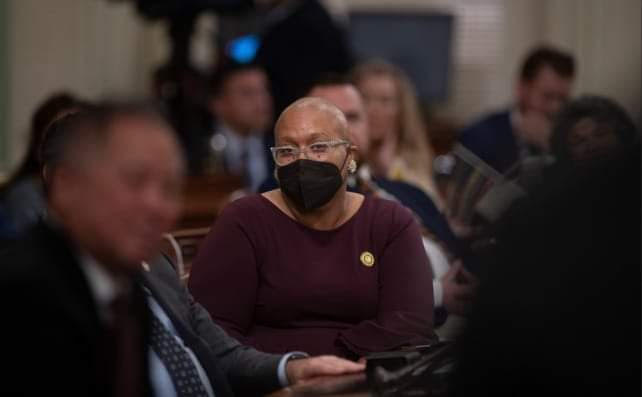It’s no secret that your energy costs will climb during the winter months. But CNBC reports that inflation could mean a higher heating bill than usual for this winter season. The Winter Fuels Outlook of 2021, which was recently released by the U.S. Energy Information Administration, says that nearly half of all American households that heat with natural gas are projected to spend up to 30% more than they did last winter. Even those who heat their homes with electricity are expected to spend up to 6% more.
Fortunately, there are still a few key ways you can help to keep your heating costs down this winter. Here are a few tips to get you started.
Keep Your HVAC Filters Clean
The filters in your HVAC system are meant to catch dust, dirt, debris, and allergens before they make their way into your home. However, this debris can build up on the filters over time, making it more difficult for the system to work efficiently. You need to make sure that you clean your filters regularly, wiping away the dust and dirt and promoting good airflow. Doing so will keep your system working well for a long time because the American Standard heat exchanger won’t need to work as hard.
You also need to keep your filters clean in order to keep a good air quality inside your house. Clogged filters can add allergens into the air and lead to more respiratory infections when you’re inside. A respiratory infection can come with discomfort in your airways and a fever, which ranges anywhere from 100.4 to 104 degrees. By keeping your filters clean, you can reduce both your energy costs and your chances of getting sick.
Increase the Temperature of Your Water Heater
Water heating makes up approximately 18% of your home’s energy costs. During the winter months, your water heater typically needs to work harder to heat up your water. That means you’re more likely to leave your water running until it gets warm enough. While it may seem counterproductive, increasing the temperature of your water heater will give you less waiting time between when you turn on your faucet and when you get warmer water, which can help to save on both heating and water costs.
Keep Inside Doors Open to Circulate Heat
The standard American house has nearly doubled in size since the 1950s, with an average size of nearly 2,500 square feet. Heating all of this space can be extremely expensive. However, good airflow can help reduce that cost. If you keep your doors open, you can circulate warm air throughout the house. This is much cheaper than individually heating every single room. If you’re looking at new houses, consider asking your real estate agent how expensive the average heating bill is for the house you’re interested in. Up to 78% of recent buyers found their real estate agent to be a very useful information source.
Bundle Up
If you lower the thermostat, you’ll use less energy. However, your home will be colder. Get into the habit of wearing sweaters and socks inside in order to be comfortable in a slightly cooler house. While you shouldn’t lower the temperature too drastically, a difference of ten degrees can have a major impact on your bill.
There are ways to save money on your energy bill during the winter. If you plan ahead and are willing to do a little extra work, you can warm your home efficiently and stay comfortable while not going broke. So use the heat from your oven, keep your system clean, and throw on some warm socks. You’ll find that it is easier to save money than you might have anticipated.




